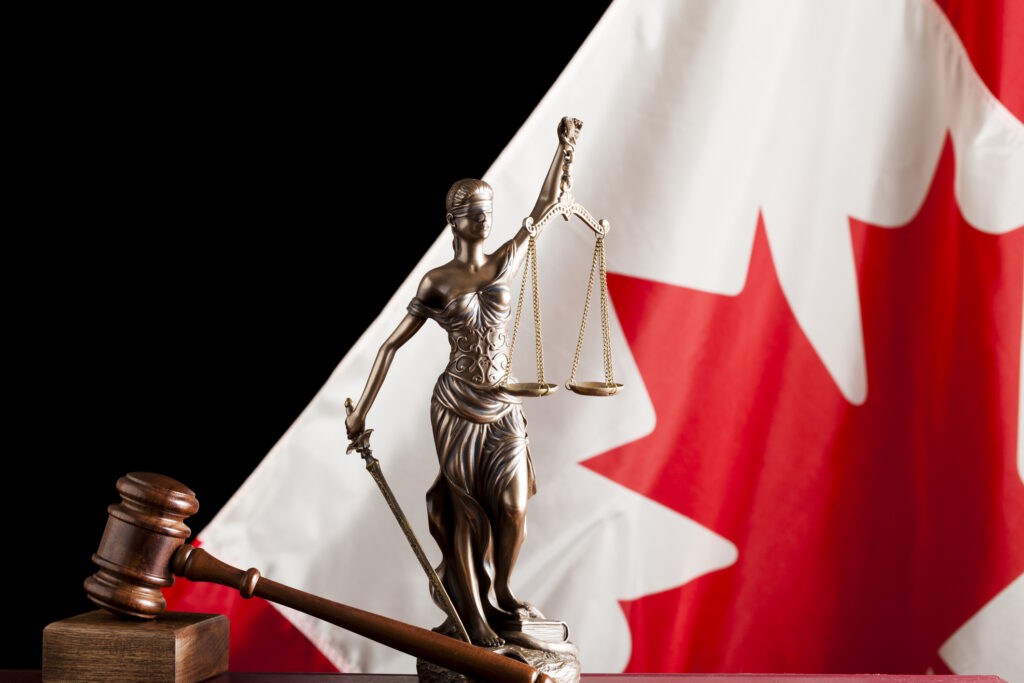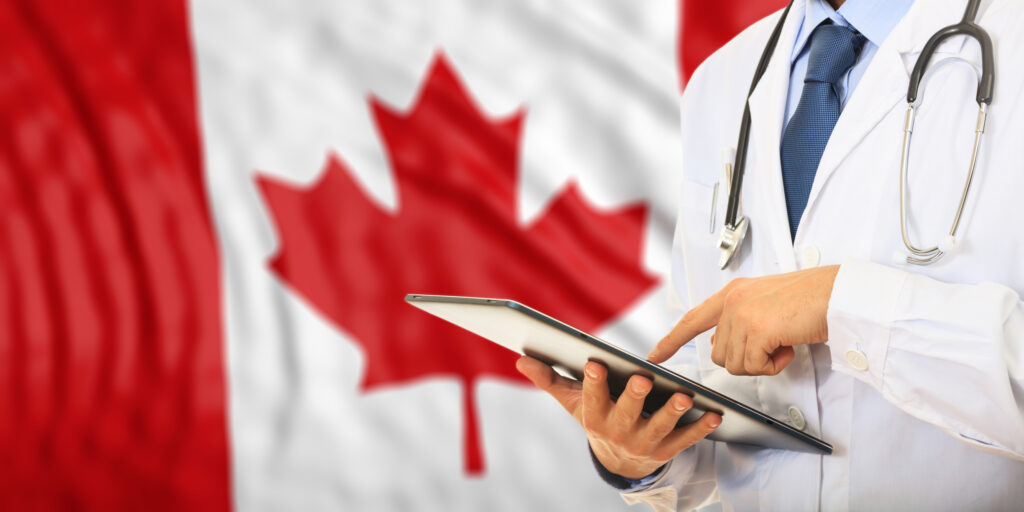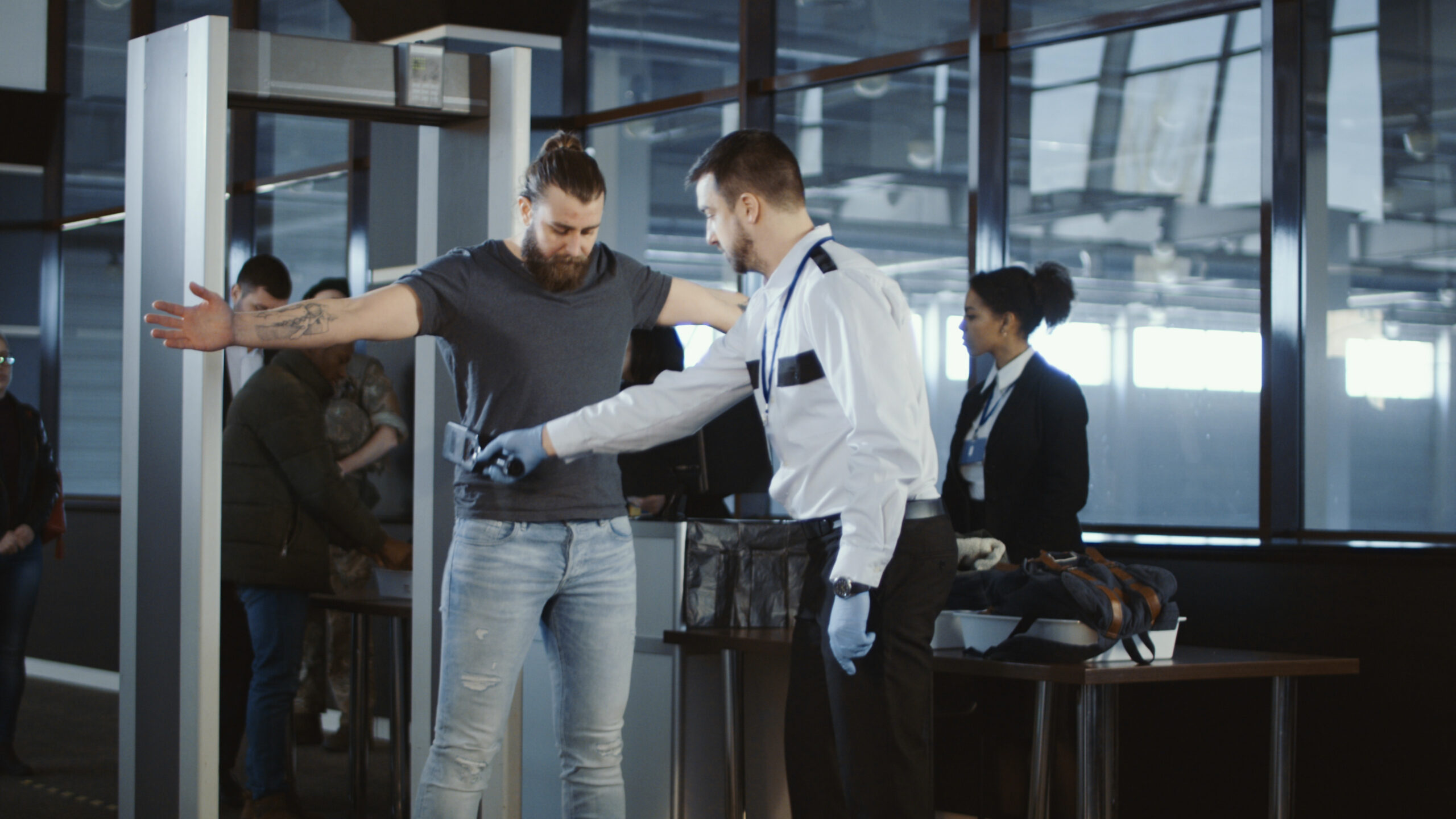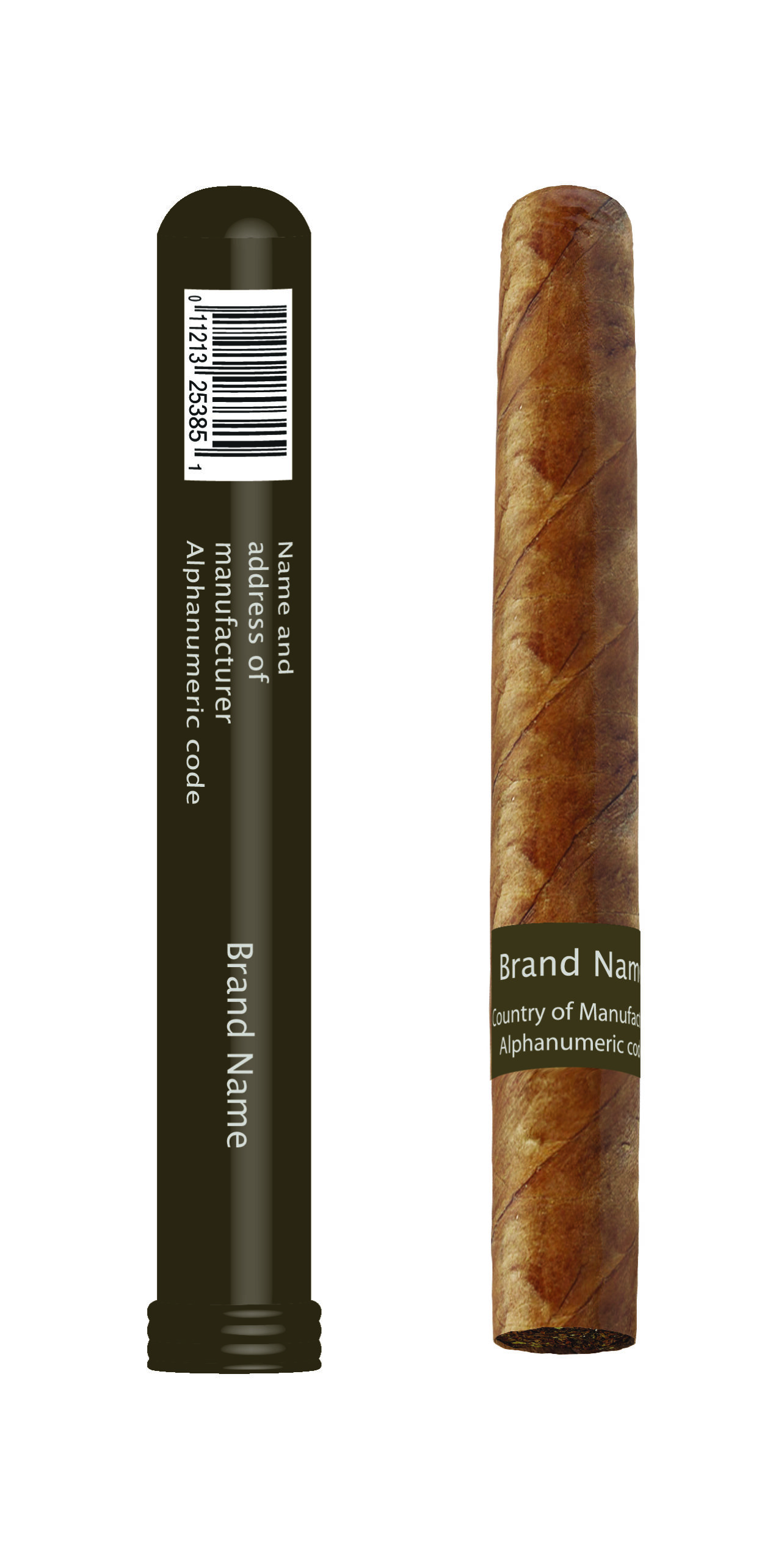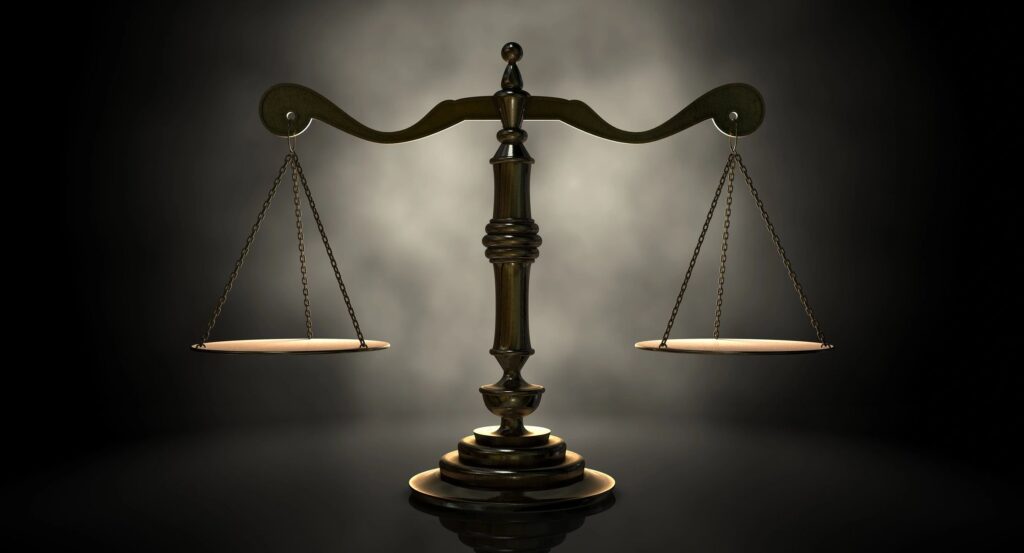
Canada’s plain packaging laws for cigars represent an unfair and inconsistent regulatory approach that unjustly targets adult cigar consumers while allowing products like candy and alcohol—both of which also pose significant health risks—to enjoy almost unrestricted marketing and packaging freedoms. While cigars are forced into bland, “puke green” packaging with standardized fonts, candy is marketed in bright, attractive wrappers targeting children, and alcohol brands can still utilize distinct and appealing designs for adult consumers. This disparity raises the question: why are cigars, a product enjoyed responsibly by adults, singled out for such harsh treatment?
The Impact of Plain Packaging on the Cigar Industry
In 2020, Canada introduced stringent plain packaging regulations for all tobacco products, including premium cigars. These laws require cigars to be sold in standardized, unattractive packaging without any brand logos, colors, or unique designs. This plain packaging must be a dull “puke green” with health warnings covering 75% of the surface area. The government argues that this is to reduce the appeal of tobacco products, particularly to young people. However, these regulations do not account for the fact that premium cigars are not mass-market products and are not marketed to or typically consumed by youth. Instead, they are a luxury item enjoyed by informed adult consumers who appreciate the craftsmanship, tradition, and heritage behind each cigar.
The plain packaging law has created several problems for the cigar industry. For one, manufacturers now face higher costs due to the need to design and print packaging specifically for the Canadian market. These costs are then passed down to retailers and consumers, making cigars more expensive and reducing the variety available in Canada. Additionally, the authenticity of premium cigars has been compromised. Traditional cigar bands and packaging play a crucial role in verifying the genuineness of a product, and with these removed, consumers find it more challenging to confirm authenticity.
The Double Standard: Candy and Alcohol
While cigars face some of the strictest packaging laws in the world, candy—a product known to contribute to obesity, diabetes, and other health issues when consumed in excess—faces no such packaging restrictions. Candies continue to be sold in bright, colorful wrappers adorned with cartoon characters and other marketing tactics that directly appeal to children. Despite the substantial evidence linking sugar consumption to various health problems, there is no movement to introduce plain packaging for candy in Canada. This contradiction exposes a glaring inconsistency in health policy: while cigars are heavily regulated to deter youth use, candy, which is clearly marketed to and consumed by children, is allowed free rein.
Similarly, alcohol—a product that poses serious health risks such as liver disease, addiction, and impaired driving—is permitted to use eye-catching packaging and sophisticated marketing to attract adult consumers. Although there are some advertising restrictions to prevent marketing to minors and making misleading health claims, alcohol brands are still allowed to leverage distinctive packaging and promotional strategies to stand out on shelves. This level of freedom is denied to cigar brands, which are equally restricted to adult consumers. Alcohol’s ability to maintain brand identity and appeal starkly contrasts with the restrictive measures imposed on cigars, which serve a much smaller and more specific adult market.
Why Are Cigars Targeted?
The plain packaging laws for cigars are part of a broader “one-size-fits-all” approach to tobacco control that fails to recognize the unique characteristics of different tobacco products. Unlike cigarettes or other mass-produced tobacco items, premium cigars are handmade, natural products crafted from carefully aged tobacco leaves. They contain no added chemicals or flavorings and are enjoyed by adults as a luxury or occasional indulgence, not as a daily habit. Despite this, cigars face some of the most restrictive packaging regulations globally, which are disproportionate to their actual impact on public health.
These regulations fail to appreciate the cultural and traditional significance of premium cigars. The artistry and heritage embedded in cigar branding are a vital part of the product experience for adult consumers. By stripping away this branding under plain packaging laws, the government effectively undermines the uniqueness and value of premium cigars, treating them as indistinguishable from other tobacco products.
A Call for Fairer Regulation
The plain packaging regulations for cigars in Canada are a misguided policy that unfairly targets a small, niche market of responsible adult consumers. At the same time, products like candy and alcohol, which also carry significant health risks, are allowed to continue with attractive and unrestricted packaging and marketing. This inconsistent approach does little to address genuine public health concerns and instead penalizes responsible adult cigar smokers who appreciate the art, culture, and tradition of premium cigars.
The Cigar Association of Canada believes that regulations should be fair, targeted, and evidence-based. The current plain packaging laws fail to meet these standards, imposing unnecessary burdens on the cigar industry while failing to address other areas that could have a far more significant impact on public health. We urge policymakers to reconsider these regulations and adopt a more balanced approach that respects consumer choice and recognizes the unique characteristics of premium cigars.
We encourage our community to stay informed, stay engaged, and advocate for reasonable and fair cigar regulations in Canada. Together, we can push back against these unfair policies and ensure that adult consumers have the right to enjoy cigars responsibly and with dignity.

